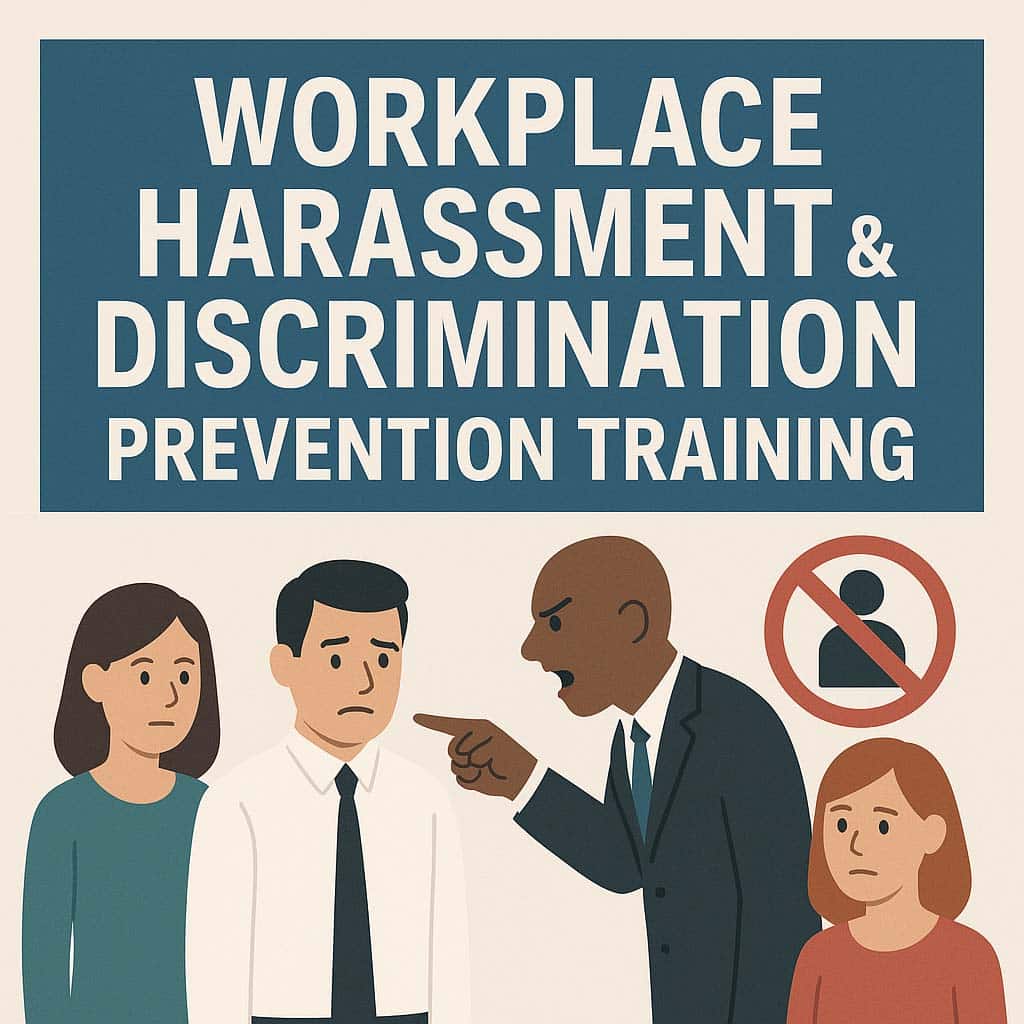Understanding Workplace Harassment under Employment Law
Workplace harassment is a serious issue that affects many employees across various industries. It encompasses a range of behaviors including discrimination, sexual harassment, bullying, and retaliation. Understanding your rights and the legal protections available under employment law is essential for anyone facing such challenges at work. This comprehensive article aims to provide detailed information on workplace harassment, how to recognize it, document it, report it, and seek proper legal assistance to protect your rights.
What Constitutes Workplace Harassment?
Workplace harassment refers to unwelcome conduct based on protected characteristics such as race, gender, age, religion, national origin, disability, or sexual orientation. It includes actions or behaviors that create a hostile, intimidating, or offensive work environment. Some common forms include verbal abuse, offensive jokes or slurs, unwanted physical contact, and other inappropriate behavior that interferes with an employee’s work performance or well-being.
Types of Workplace Harassment
- Discrimination: Treating an employee unfavorably because of protected characteristics.
- Sexual Harassment: Includes unwelcome sexual advances, requests for sexual favors, and other verbal or physical harassment of a sexual nature.
- Retaliation: Punishment or adverse actions taken against someone who has reported harassment or discrimination.
- Bullying: Repeated aggressive behavior that causes humiliation, intimidation, or distress.
Recognizing Discrimination and Harassment in the Workplace
Identifying workplace harassment is the first step towards addressing it. Discrimination and harassment often manifest as changes in work conditions, unfair treatment, isolation by colleagues, or explicit derogatory comments. Sexual harassment can be overt or subtle and may include inappropriate touching, suggestive remarks, or displaying offensive materials. Retaliation typically follows a complaint or opposition to misconduct and might involve demotion, termination, or negative performance reviews unjustified by the employee’s work.
Legal Protections Against Workplace Harassment
Employment law provides employees with crucial protections against workplace harassment and discrimination. In the United States, laws such as Title VII of the Civil Rights Act, the Americans with Disabilities Act (ADA), the Age Discrimination in Employment Act (ADEA), and others prohibit such misconduct. These laws make it illegal for employers to harass employees based on protected characteristics and to retaliate against employees who report or oppose such harassment.
Furthermore, federal agencies like the Equal Employment Opportunity Commission (EEOC) and state entities such as the Department of Fair Employment and Housing (DFEH) enforce these laws. Employees who experience harassment have the right to file complaints either internally within their company or externally through these agencies.
Documenting Workplace Harassment: Essential Steps
Documentation plays a critical role in building a solid case against workplace harassment. Employees should keep detailed records of incidents, including dates, times, locations, descriptions of the behavior, and any witnesses present. Saving texts, emails, and other communications related to the harassment is equally important. These records serve as concrete evidence and help legal representatives understand and prove the case.
How to Report Workplace Harassment
Reporting harassment promptly is vital to stop the abuse and begin the resolution process. Employees are encouraged to utilize their employer’s internal reporting procedures, often involving human resources departments or designated compliance officers. Keeping a written record of all reports made and any responses received can protect employees from potential retaliation.
If internal reporting does not resolve the issue, or if retaliation occurs, employees can file a formal complaint with the EEOC or DFEH. These agencies investigate claims, mediate disputes, and can bring lawsuits against employers who violate the law.
Your Rights When Speaking Up
Employees who report harassment or discrimination are protected by law from being fired, demoted, or otherwise penalized for speaking up. Retaliation for making a good faith complaint is illegal and can result in legal consequences for the employer. Knowing your rights empowers you to take action without fear of unjust treatment.
Securing Your Evidence for Legal Protection
Maintaining the security of your documentation and communications is crucial. Employees should use secure methods to store evidence, such as encrypted digital folders or trusted physical files. Avoid altering or deleting messages that serve as proof. If necessary, seek advice from a legal professional on how to preserve evidence properly.
Seeking Professional Legal Assistance
Navigating workplace harassment claims can be complex and emotionally taxing. Proper legal representation ensures that your rights are fully protected and that you receive appropriate remedies. Legal experts specializing in employment law can guide you through the complaint process, represent you in negotiations or court, and help you secure compensation if applicable.
If you believe you have experienced workplace harassment, do not hesitate to contact professional legal counsel. You can reach out to experienced attorneys through the communication channels provided in our bio or send a private message for a confidential consultation.
Preventing Workplace Harassment
- Employers should establish clear anti-harassment policies and provide regular training for employees.
- Open communication channels encourage employees to report concerns without fear.
- Creating a respectful and inclusive workplace culture reduces the risk of harassment occurring.
- Swift and appropriate action should be taken whenever harassment allegations arise.
Conclusion
Workplace harassment remains a pervasive challenge that requires vigilance, knowledge, and action. Employees are entitled to a safe and respectful work environment, and the law provides strong protections against discrimination, sexual harassment, and retaliation. Documenting incidents thoroughly and reporting them through proper channels is essential to uphold your rights. Remember, you are not alone—professional legal assistance is available to help you navigate these complex issues and achieve justice. Protect yourself by staying informed, prepared, and proactive.
Legal Marketplace CONSULTANT is dedicated to providing comprehensive legal support for employment law matters including workplace harassment. Our team of experts is ready to assist you in protecting your rights and guiding you through the complexities of the law.































